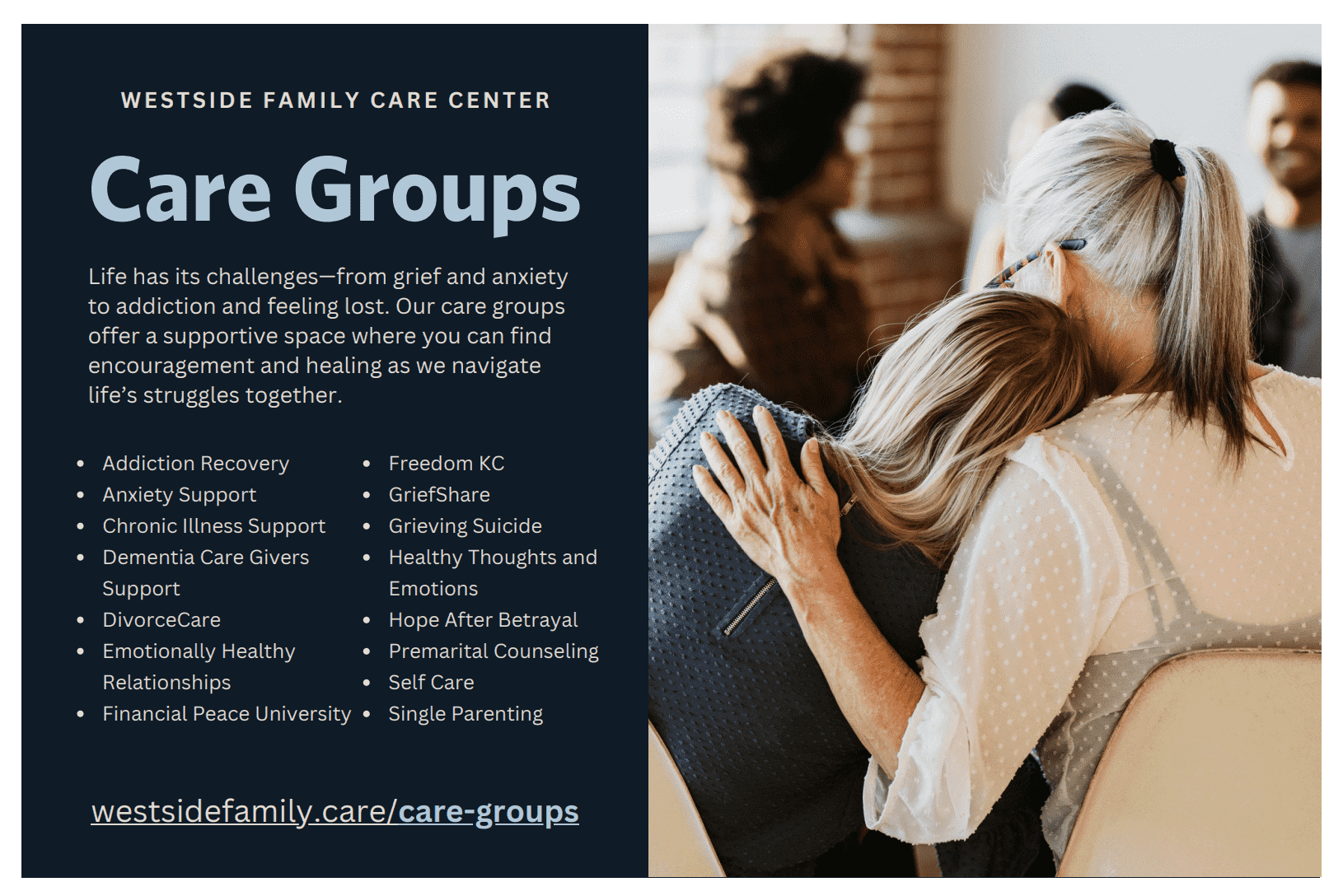A Simple Guide to Self-Compassion
Shift from self-criticism to kindness.
If your self-talk doesn’t sound like this, you’re not alone. But you can learn to speak to yourself with compassion.
Self-compassion is the simple act of being kind to yourself.
This can be surprisingly difficult in our self-critical culture.
We tend to run at a fast pace and beat ourselves up for not being able to check everything off our endless lists. We often believe that being hard on ourselves will push us to do more.
But research* shows the opposite:
Self-criticism increases depression, anxiety, and even illness.
Self-compassion reduces depression and anxiety, builds confidence, and motivates us to try new things.
When we practice self-compassion 3–5 times a week, other people actually like us more.
*The Space Between Self-Esteem and Self Compassion: Kristin Neff at TEDxCentennialParkWomen
To create space for a new practice of self-compassion, a first step is to put off the old practice of self-criticism.
Colossians 3:5-10
Put to death, therefore, whatever belongs to your earthly nature …You used to walk in these ways, in the life you once lived. But now you must also rid yourselves of all such things…. Since you have taken off your old self with its practices and have put on the new self, which is being renewed in knowledge in the image of its Creator.
Many people view self-criticism as a necessary motivator in their life. They are hard on themselves in an effort to do more and get further. Unfortunately, research shows the opposite. Self-criticism increases depression and anxiety, fuels fear of failure, and causes us to avoid challenges. The result? We actually become less effective, not more.
How to shift away from self-criticism:
Notice Your Self-Talk. Identify when you use harsh language with yourself. Often people will speak to themselves in ways they would never talk to others, especially loved ones. Paying attention to your self-talk will help you get a feel for how big of an issue this might be for you.
Evaluate for Truth. Are you really the worst person alive? Probably not. Are you really stupid, dumb, worthless? Probably not. Often our harshest words are exaggerations, not reality.
Replace with Kindness. Such as, “Wow, that was a mistake. Everyone makes mistakes from time to time.”
Reflect on the Difference. Notice the shift from heaviness and dread, to more hopeful and encouraged. Use this as motivation to continue to use kind self-talk in the future.
The 3-Minute Self-Compassion Practice
Think about a difficult situation from your day/week.
Experiencing Emotion:
As you think of that situation, notice what you feel physically. Check in with your body for stress, pressure, sensations, etc. Start with your head, pay attention to your neck and throat, check in with your shoulders and then chest and heart, stomach, back, arms and legs, and on down to your hands and feet. See if you notice any sensations, maybe a tightness, weight, fluttering, anything.
Stay with that sensation. See if it shifts or moves. If it has a color, what color would you call it? Is it dense or porous? Is there a frequency to the sensation or is it steady? If you connect an emotion word to the sensation, what word would it be?
Stay with the feeling just a little longer
Now take a deep breath in, and slowly exhale
Connection to Humanity:
Shift your thinking to the fact that you experience this sensation, is a very human thing to experience. Other people have this experience in their lives. You having this feeling connects you to humankind.
Take a deep breath in, and slowly exhale.
Practice Self-Compassion:
Talk to yourself the way you would a young child or someone you dearly love who has had a similar experience. Maybe say:
“It’s okay. I know this has been tough. You will get through this. I have your back in this. These things happen. You will be alright. God is with you through all of this.”
Take a deep breath in, and slowly exhale.
Come back to the here and now, notice the space you are in, maybe stretch, wiggle fingers and toes.
Make Self-Compassion a Family Activity
The more you practice self-compassion, the more permission you give to those around you to be more kind to themselves.
You increase the sense of felt safety in your home. This is critically important for families with kids with tough experiences.
Your emotional life and responses become easier to manage.
This honest acceptance of self can also be turned toward other people. If we go into situations with the assumption that others are trying to do their best, like we are, we can better offer kind, compassionate responses to them when they fall short. In this way, you are helping to make the world a kinder place.





